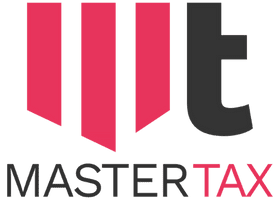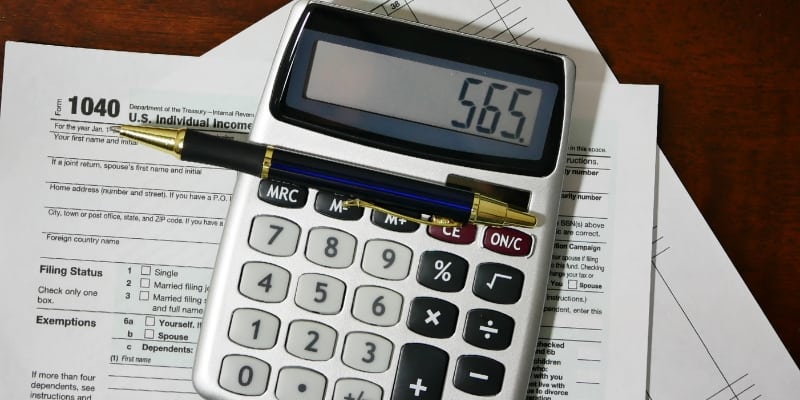Small businesses often face unique challenges when it comes to tax planning. With limited resources and time constraints, it can be difficult for small business owners to navigate the complex world of tax laws and regulations. However, effective tax planning is essential for minimizing tax liabilities and maximizing profits. That’s where The Master Tax Academy comes in. This blog will explore five tax planning strategies specifically tailored for small businesses. Whether you are just starting or looking to optimize your current tax strategy, these strategies will help you navigate the complexities of the tax code and make informed decisions that benefit your bottom line. So, let’s dive in and uncover the secrets to strategic tax planning for small businesses.
1. Keep Accurate Records
Keeping accurate records is essential for any successful business and especially important when it comes to tax planning. Accurate records allow you to track expenses, revenue, and other financial transactions, which can help you identify deductions and credits that can reduce your tax liabilities. In addition, accurate records also help you avoid potential audits or penalties from the IRS.
To keep accurate records, consider using accounting software or hiring a bookkeeper. This will help you stay organized and keep track of all financial transactions. Also, keep all receipts and invoices related to business expenses, as these can be used as evidence to support deductions or credits.
2. Plan Your Expenses
Planning your expenses is another important tax planning strategy for small businesses. By planning your expenses, you can ensure you make the most of your deductions and credits. For example, if you plan to purchase new equipment, you may want to do so at the end of the year to take advantage of the depreciation deduction.
In addition, planning your expenses can also help you avoid cash flow issues. By forecasting your expenses and revenue, you can ensure you have enough cash to cover your tax liabilities and other expenses.
3. Consider Incorporating
Incorporating your business can offer a variety of tax benefits. For example, if you incorporate as an S corporation, you may be able to avoid paying self-employment taxes on your income. In addition, incorporating can also provide liability protection for your assets.
However, incorporating is a complex process, and it’s important to consult a tax professional before making any decisions. A tax professional can help you determine whether incorporating is the right choice for your business and can guide you through the process.
4. Stay Up-to-Date on Tax Laws and Regulations
Tax laws and regulations are constantly changing, and it’s important to stay up-to-date on these changes. By staying informed, you can ensure that you are taking advantage of all available deductions and credits and are complying with all tax laws and regulations.
To stay up-to-date, consider subscribing to tax newsletters or attending tax seminars. In addition, consider hiring a tax professional to help you navigate the complexities of the tax code.
In conclusion, small businesses face unique challenges in tax planning. However, you can minimize your tax liabilities and maximize your profits by keeping accurate records, taking advantage of deductions and credits, planning expenses, and considering incorporating and staying up-to-date on tax laws and regulations. At The Master Tax Academy, we are committed to helping small businesses succeed, and we offer a variety of tax courses and resources to help you achieve your goals. Contact us today to learn more!











